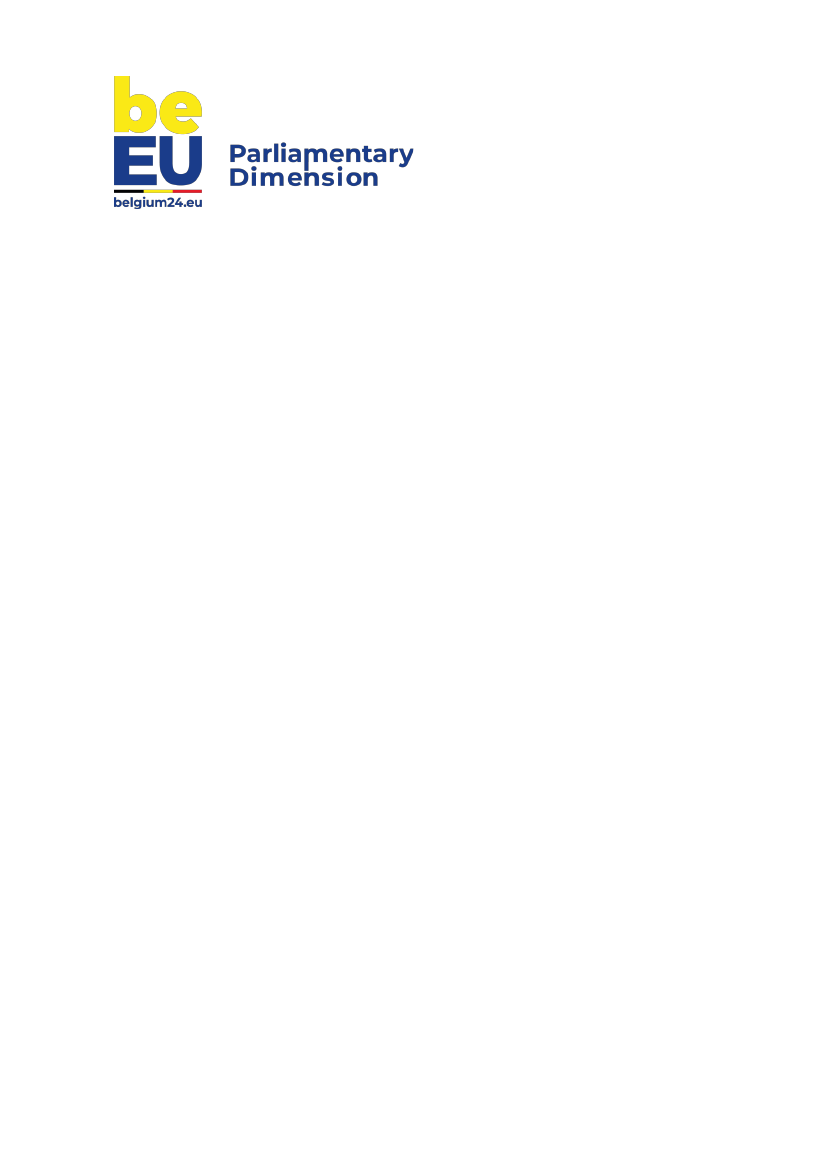
LXXI COSAC
Brussels, 24-26 March 2024
Contribution
The 2019-2024 legislature
(1)
At the end of a European legislature marked by several crises, COSAC wishes to
highlight the progress made by the European Union in building a Union that is
united, economically solid, ecologically viable, and based on solidarity.
(2)
COSAC recalls the priorities of the strategic agenda for the period 2019-2024,
namely: protecting citizens and freedoms; building a strong and dynamic economic
base; building a climate-neutral, green, fair, and social Europe; promoting Europe's
interests and values on the world stage. A great deal of progress has been made,
but these priorities must continue to be pushed forward.
The 2024-2029 strategic agenda
(3)
COSAC welcomes the establishment of the strategic agenda for the 2024-2029
period and the priority areas proposed by the President of the European Council in
his letter of 24 June 2023, namely: consolidating our economic and social base;
meeting the energy challenge; strengthening our security and defence capabilities;
and deepening our cooperation with the rest of the world.
(4)
COSAC supports the key priorities and necessary measures for a strong, dynamic,
competitive, and united Europe as set out in the Granada Declaration of 6 October
2023. These priorities reflect the European Union's current challenges in the
following areas: security and defence, resilience and competitiveness, energy,
migration, global engagement, and enlargement. In view of Russia´s aggression,
COSAC underlines the fundamentally deteriorated security situation in Europe and
Version: Final
1
Date: 26/03/2024